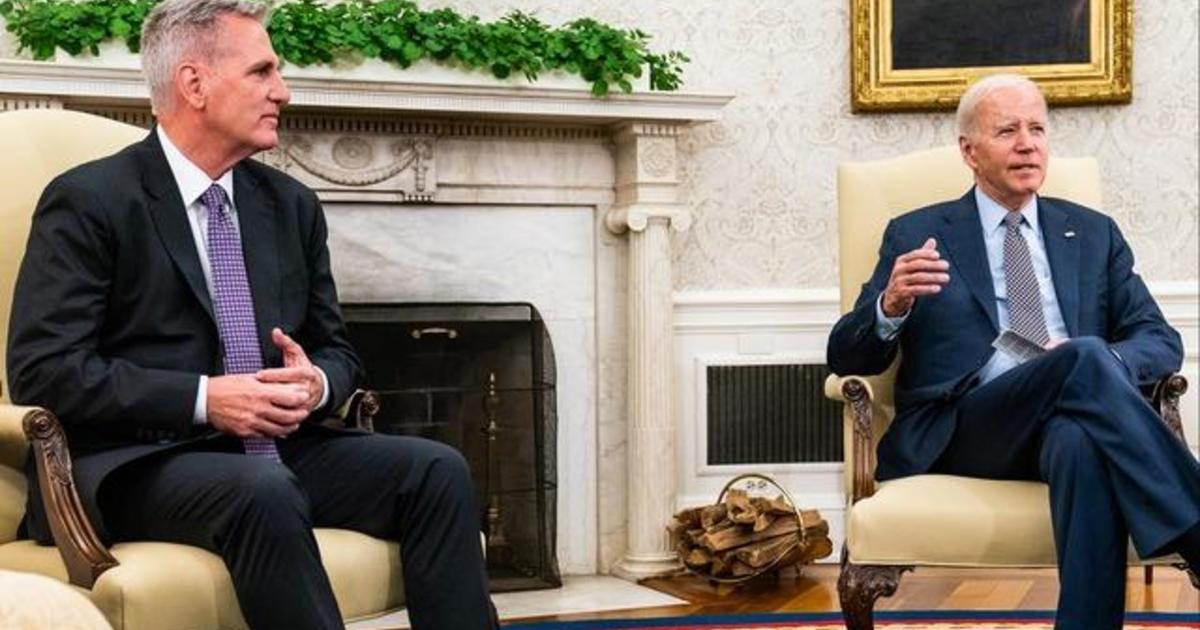House Speaker Kevin McCarthy made a major announcement on Tuesday, revealing that Republican-led House committees will launch an impeachment inquiry into President Biden. This move has been eagerly awaited by far-right members of the Republican conference.
“House Republicans have uncovered serious and credible allegations against President Biden,” McCarthy stated during a press conference at the Capitol. He described these allegations as forming a “picture of a culture of corruption.” McCarthy further claimed that Mr. Biden had lied to the American people about his knowledge of his family’s foreign business dealings, an assertion that he personally witnessed.
According to the Constitution, the House has the power to charge the president, vice president, or any other federal official with wrongdoing through the impeachment process. These officials can be impeached on charges of “treason, bribery, or other high crimes and misdemeanors.”
What is an impeachment inquiry?
An impeachment inquiry is the initial step taken by the House in the impeachment process. A House lawmaker can submit a resolution directing the House Judiciary Committee to investigate alleged wrongdoing by the targeted officer.
If the Judiciary Committee determines, after its investigation, that the official should be impeached, it formulates articles of impeachment and presents them to the full House for consideration. While any House member can request to launch an impeachment proceeding, the final decision to proceed with an inquiry lies with the speaker of the House, as McCarthy has indicated he will do. The House can decide to vote on formalizing an inquiry, but it is not a constitutional requirement. In the case of President Biden, it is expected that the House will not take a vote, as confirmed by a McCarthy aide.
An impeachment inquiry may provide the House Judiciary Committee with increased access to information. However, majority party committees already possess substantial authority to obtain information from the federal government through their subpoena power.
Impeachment resolutions in the House are passed through a simple majority vote. If the House votes to impeach an official, it appoints House managers who present the case against the official in a Senate trial. Following the trial, the Senate votes on whether to remove the official from office, requiring a two-thirds vote to do so.
An impeachment inquiry into President Biden would mark the third presidential impeachment inquiry since 2019. Former President Donald Trump faced two impeachment inquiries and two impeachments, but he was acquitted by the Senate on both occasions.
Nikole Killion contributed to this report
Denial of responsibility! Vigour Times is an automatic aggregator of Global media. In each content, the hyperlink to the primary source is specified. All trademarks belong to their rightful owners, and all materials to their authors. For any complaint, please reach us at – [email protected]. We will take necessary action within 24 hours.



